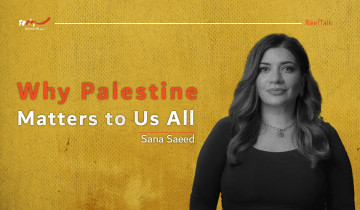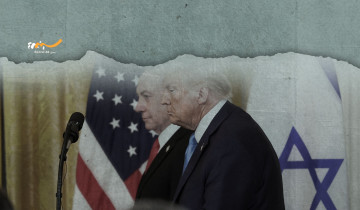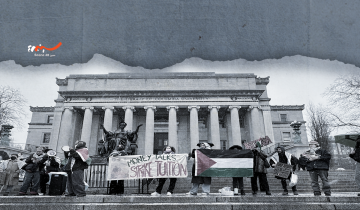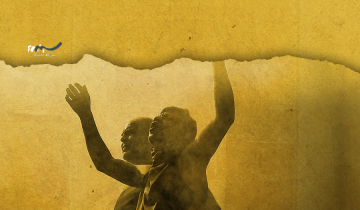The War on Palestinian Existence Beyond Gaza : Bruqin under attack
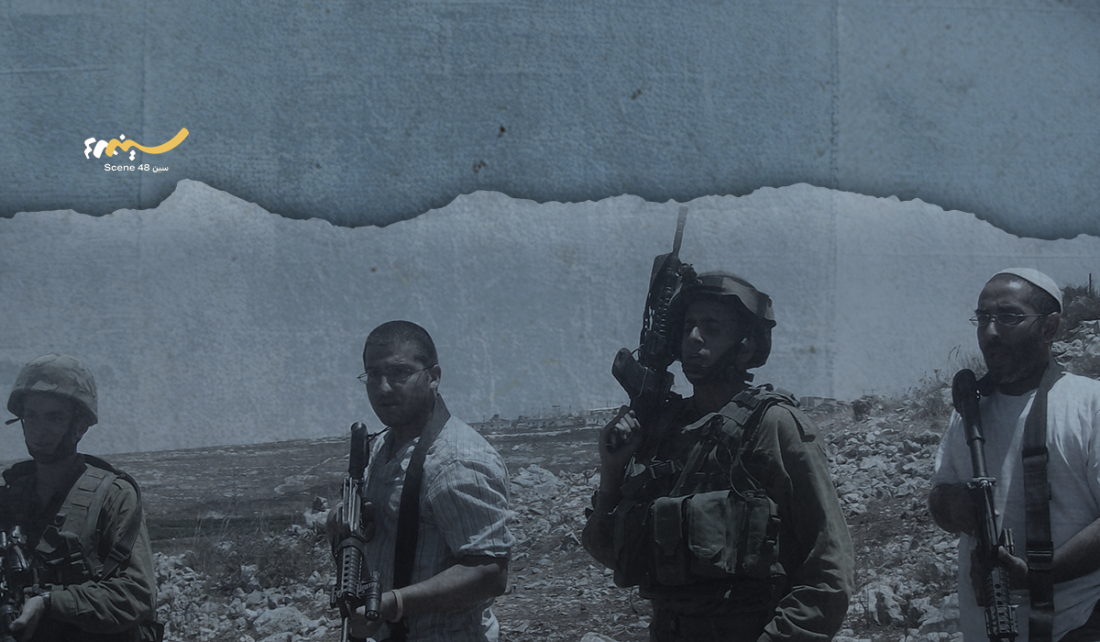
Bruqin, a small village nestled on the hills of Salfit in the heart of the West Bank, has the potential to develop into a significant industrial hub serving its people and surrounding communities. But settlers’ control over the area has long restricted development possibilities for Palestinians. Just like Salfit which is a larger nearby municipality, Bruqin has been resisting ongoing attempts by Israeli authorities to restrict its production capacity and economic growth, as is the case throughout much of the West Bank.
But in reality, Palestinians living in Bruqin and Salfit fear for their lives far more than they worry about economic concerns. For them, nights have become longer. In Bruqin, people no longer measure time by the calendar, but by the nights they have managed to survive. Since May 2025, after an incident in which a Palestinian killed an Israeli settler woman, settlers in nearby settlements have dramatically escalated their attacks on the village. These assaults occur almost daily; sometimes carried out by men in black uniforms with their faces hidden, sometimes in military attire, always heavily armed and brazen, certain that nothing will stop them.
Mohannad Barakat, whose home sits on the border with a new settlement, speaks with a hardened, weary voice: “They took twenty-eight dunams of my land, closed the road, and since then we haven’t slept. Every night they come down. The army is with them, not with us.”
The attacks follow a brutal rhythm and go unchecked by any authority. They enter from multiple sides of the village simultaneously. Barakat recounted one harrowing night when they came in from all directions, vandalizing property throughout the village and preventing residents even from turning on their lights. “You would have seen a war zone. Hundreds of them, maybe more. They moved like they had a plan.” His daughter-in-law added that they prefer to sleep with their clothes on, to make it easier to flee if necessary.
Residents in Bruqin describe the attacks as becoming “semi-daily” since October 7, part of a broader surge in settler violence across the West Bank. While the world’s attention remains fixed on Gaza’s destruction, the very same government ministers overseeing that war are busy arming their most hardline supporters scattered across the hills.
Last week, Finance Minister Bezalel Smotrich stood grinning in a settlement near Hebron, posing for videos alongside brand-new light trucks meant for so-called “security” patrols. For settlers, these trucks are not merely vehicles but tools of domination: enabling faster raids and deeper incursions into Palestinian villages. Smotrich’s celebration sent a clear message, not only encouraging settlers to join his political cause but also warning Palestinians across the West Bank. People in Bruqin understood it immediately: the violence they endure is not random or spontaneous; it is being funded, equipped, and actively encouraged by the highest levels of the Israeli government.
“We’re not living like human beings,” a father of three told me. “We live like animals in a pen. Even the light outside my house is forbidden, and I can do nothing about it.”
Since October 7, the Israeli occupation army has sealed Bruqin’s main entrance with earth and concrete, the mayor explained. A temporary side road remained open for a while, but it was closed on May 14. What used to be a five-minute trip to the nearest junction now takes an hour, winding through multiple military checkpoints. Workers lose wages, students miss exams, ambulances arrive too late. The siege and the night raids are clearly two halves of the same deliberate strategy: to make the village unlivable. Yet, despite all this, people here remain resolute to stay.
This is not only Bruqin’s story. From Hebron to Nablus to the Jordan Valley, settlers have become increasingly aggressive since October 7, backed by a government that deliberately blurs the line between civilian and soldier. Smotrich’s trucks are not an isolated act; they form part of a concerted campaign treating the West Bank as a battlefield to be emptied of its Palestinian population.
The army and settlers often arrive side by side. During one such attack, their vehicles formed a blockade preventing villagers from reaching burning homes. “If you make it out alive,” one man said, “that’s the biggest achievement they leave you with.”
What is happening in Bruqin is not a mere local dispute. It is evidence—one of many—of a government exploiting the war in Gaza as cover to accelerate the erasure of Palestinians in the West Bank. Smotrich’s smile in Hebron is the grim flip side of the fires burning in Bruqin’s streets; he even ended his video saying, “This is the only way to get control over lands.” The trucks are already on the roads. The settlers are already at the doors.
In Bruqin, resistance is not a slogan or a protest march. It is the steadfast determination to stay and find ways to live under constant threat, while the entire world watches a mass violation of international law. Every family that remains, every field still tilled, every night survived without someone fleeing—this is the quiet but resolute refusal to be erased.
What is happening here is not just about territory or survival. It is about resisting erasure itself. It is about a people holding on to their right to exist in the land that made them, while a state arms civilians to force them out, and the rest of the world looks away.
Photo Credit: By ISM Palestine - originally posted to Flickr as Settlers and Soldiers attacking demonstrators in Iraq Burin, CC BY-SA 2.0, https://commons.wikimedia.org/w/index.php?curid=7690536.

Samah Watad
An investigative journalist with 10 years of experience and recently earned a master’s degree in Strategic Communication from George Washington University.
